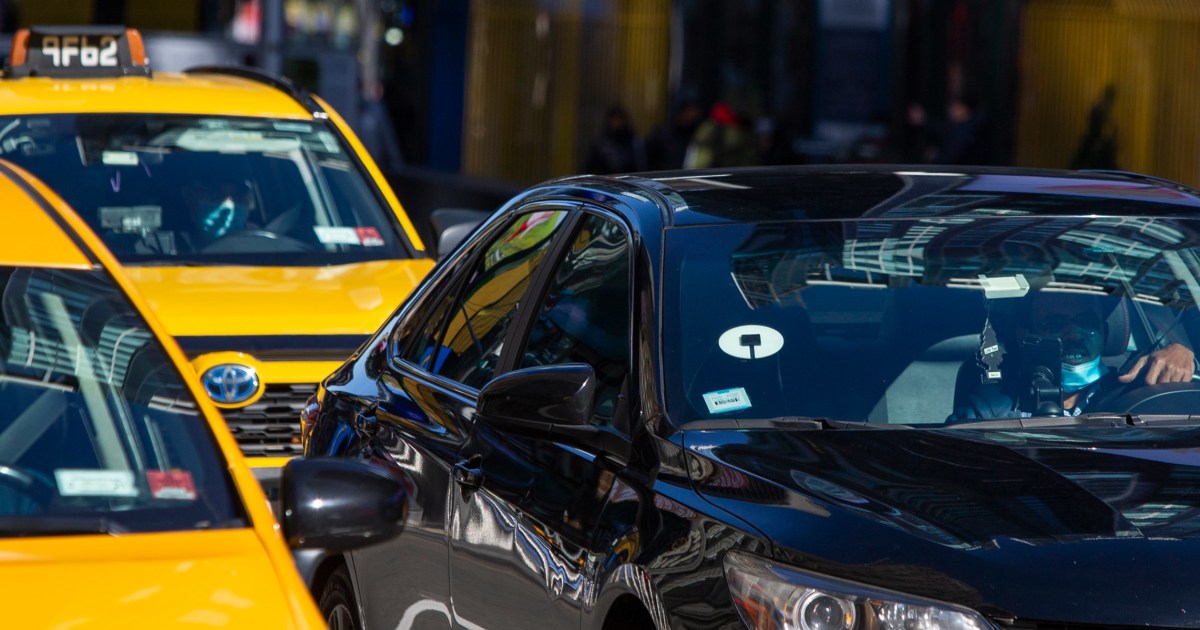Exploring the Gig Economy Through Humor: Aziz Ansari’s "Good Fortune"
Aziz Ansari has a knack for weaving sociological insights into his creative work, and his latest film, Good Fortune, is no exception. Premiering at the Toronto International Film Festival on September 6, this film dives into the complexities of the gig economy, showcasing the struggles and absurdities faced by those navigating this modern workforce.
The Premise: A Struggling Documentary Editor
In Good Fortune, Ansari stars as Arj, a documentary editor in Los Angeles who juggles multiple part-time jobs to make ends meet. His work at a hardware store and a Taskrabbit-style company, “Task Sergeant,” highlights the often grueling and demeaning nature of gig work. Arj’s tasks range from mundane errands, like waiting in line for viral cinnamon buns, to more complex jobs, all while dealing with clients who can be capricious and unreliable. This setup not only serves as a backdrop for comedy but also as a poignant commentary on the precariousness of gig work.
The Encounter with the Tech Bro
One of Arj’s clients is Jeff, played by Seth Rogen, a quintessential tech bro with a lavish lifestyle that starkly contrasts with Arj’s struggles. Jeff’s extravagant home, filled with luxury cars he can’t drive, serves as a symbol of the wealth disparity prevalent in today’s society. When Arj makes an honest mistake while working for Jeff, he is promptly fired, leading to a series of unfortunate events, including his car being towed—his makeshift home.
The Divine Intervention
Enter Gabriel, portrayed by Keanu Reeves, who plays a guardian angel tasked with intervening in Arj’s life. Gabriel’s role is both humorous and heartwarming; he works in the “texting and driving” department of divine intervention and is determined to show Arj that life has meaning beyond economic hardship. In a twist of fate, Gabriel swaps Arj and Jeff’s circumstances, allowing Arj to experience a life of luxury while Jeff grapples with the harsh realities of gig work.
The Struggles of Wealth and Poverty
As Arj enjoys his newfound wealth, Jeff and Gabriel must navigate the challenges of living in a car and working low-wage jobs. Jeff’s experiences as a food delivery driver expose him to the same frustrations that Arj faced, such as unreasonable customer reviews and the relentless competition of the gig economy. This role reversal serves to underline the film’s central theme: that money alone does not equate to happiness or fulfillment.
Finding Humor in Hardship
Despite the serious undertones, Ansari masterfully injects humor into the narrative. The absurdity of Arj’s luxurious life is highlighted in scenes where he dines at an upscale sushi restaurant, while Jeff and Gabriel’s struggles are portrayed with a comedic lens. Gabriel’s transition to human life is particularly entertaining, as he navigates mundane experiences like eating a hamburger for the first time and surfing the internet for pictures of baby elephants.
The Fall from Grace
However, the film does not shy away from the darker aspects of life in the gig economy. Gabriel’s initial innocence is gradually eroded as he faces the harsh realities of being a human. His experiences as a dishwasher and the shock of seeing tax deductions from his paycheck serve as a stark reminder of the struggles faced by many in the workforce. The film poignantly illustrates that the challenges of gig work should not be normalized but rather recognized as systemic issues that need addressing.
Conclusion: A Call for Awareness
Good Fortune is more than just a comedy; it’s a reflection on the gig economy and its impact on individuals’ lives. Through humor and relatable characters, Ansari invites viewers to consider the complexities of modern work and the societal structures that shape our experiences. While the film may not provide all the answers, it certainly sparks important conversations about the nature of work, wealth, and fulfillment in contemporary society.



















